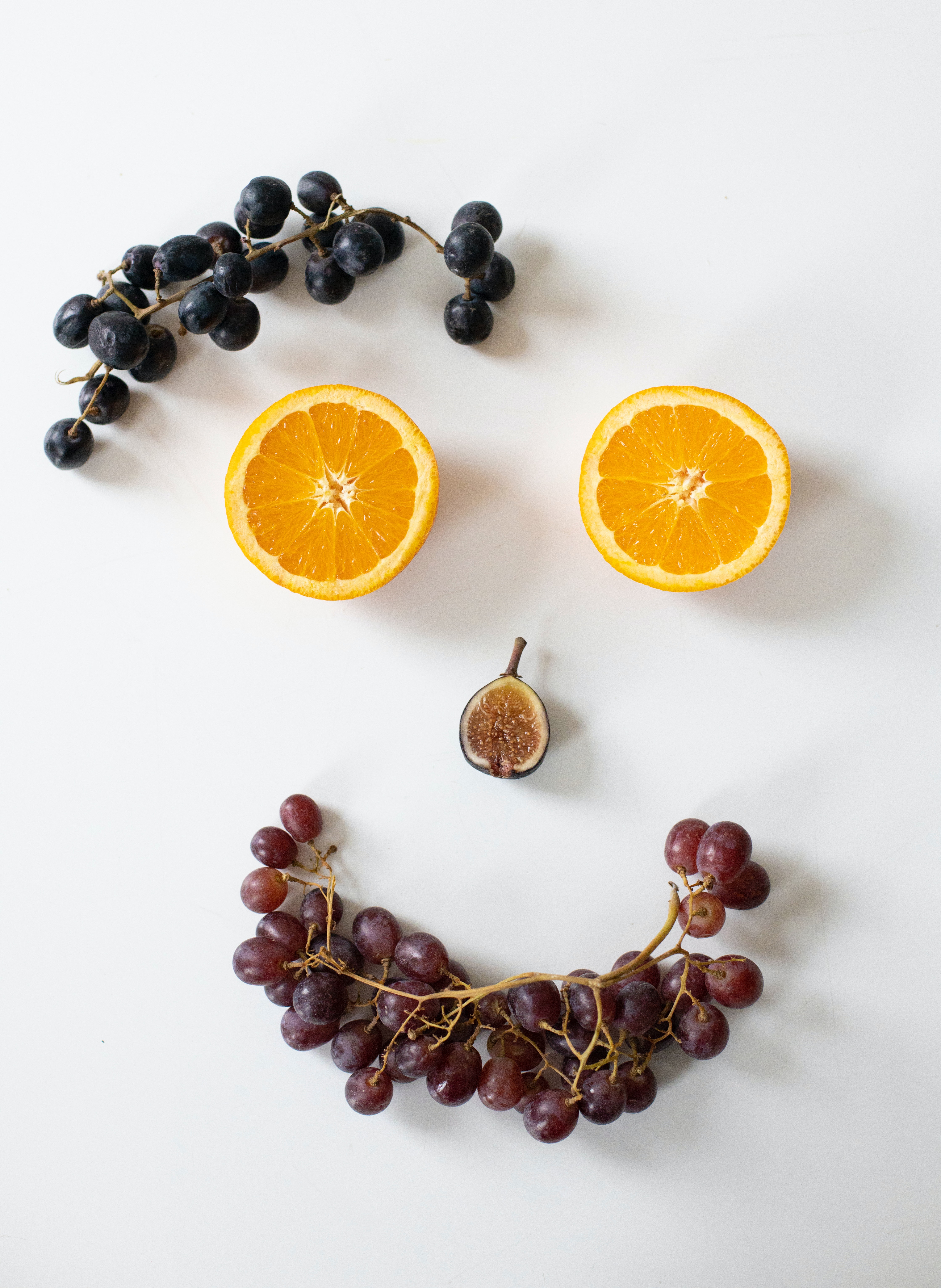What are antioxidants?
The most basic definition of antioxidants is a molecule intended to convert free radicals, also called reactive oxygen species (ROS), into less reactive molecules. To do this, they donate electrons to these unstable molecules, which in turn, stabilizes these molecules. This conversion stabilizes them, making them no longer unstable and, in the process, reduces the chance of off target cellular damage.
What are free radicals, and what is dangerous about them?
In the process of making energy through oxidative phosphorylation (OXPHOS), the mitochondria produce ROS. Beyond endogenous mechanisms, cigarette smoke, UV radiation, and other environmental pollutants can lead to excess free radicals in the body. An excess of free radicals are generally detrimental to a person’s health causing oxidative stress, a condition characterized by an imbalance in the production of free radicals and antioxidant levels. Studies have found that chronically elevated oxidative stress levels are linked to diseases such as dementia, cancer, and Alzheimer’s. Evidently, when left unchecked, free radicals can wreak havoc upon a body; fortunately, antioxidants act as a way to keep them in check by (as mentioned prior) donating electrons to stabilize these molecules.
Where can you find antioxidants?
Antioxidants can come from various sources. The body naturally produces some, and others are found in our foods. They’re in berries, dark chocolate, artichokes, nuts, green tea, and tomatoes. Additionally, some antioxidants can be taken in supplemental form. The benefits of this include reduced risk of chronic diseases, skin health, immune function, and brain function (Beta-carotene).
Why are antioxidants important?
Simply put, antioxidants are essential. They neutralize free radicals, which better protect the cells from damage, which in the process decreases the chance of many chronic diseases. Fundamentally anything that reduces the odds of chronic diseases should be viewed as a positive thing rather than a negative one. When not taken in moderation, high-dose supplements of antioxidants are believed to be linked to certain health risks. These health risks could increase the chance of smokers developing lung cancer, as well as prostate cancer. (U.S. Department). So long as everything is done in moderation, only benefits can come from them. And benefits, as we all know, are good.
Sources
Beta-carotene. Mount Sinai Health System. (n.d.). Retrieved March 1, 2023, from https://www.mountsinai.org/health-library/supplement/beta-carotene
Department of Health & Human Services. (2001, April 23). Antioxidants. Better Health Channel. Retrieved March 1, 2023, from https://www.betterhealth.vic.gov.au/health/healthyliving/antioxidants
Killoran, E. (2022, December 22). What are free radicals? Pritikin Health Resort. Retrieved March 1, 2023, from https://www.pritikin.com/what-free-radicals
U.S. Department of Health and Human Services. (n.d.). Antioxidants: In depth. National Center for Complementary and Integrative Health. Retrieved March 1, 2023, from https://www.nccih.nih.gov/health/antioxidants-in-depth
Understanding antioxidants. Harvard Health. (2019, January 10). Retrieved March 1, 2023, from https://www.health.harvard.edu/staying-healthy/understanding-antioxidants

